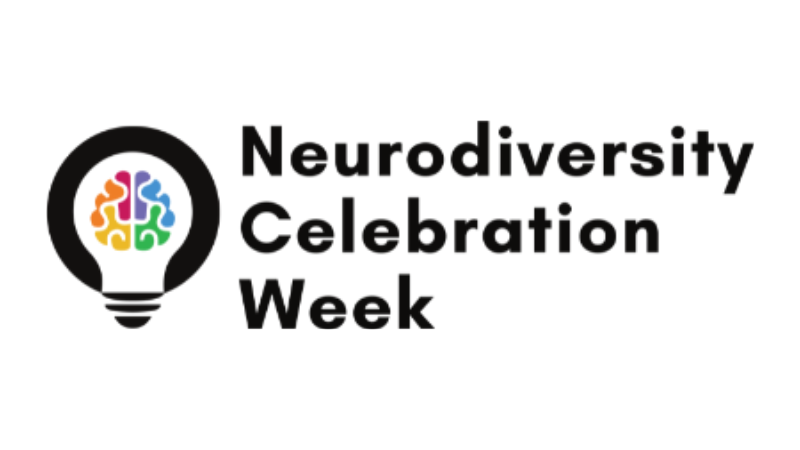Neurodiversity Celebration Week - supporting you to thrive at university

18 - 24 March is Neurodiversity Celebration Week, an initiative that challenges misconceptions about neurological differences and aims to transform how neurodivergent individuals are perceived and supported by schools, universities, and organisations.
What is neurodiversity?
The terms ‘neurodiverse’ and ‘neurodivergent’ describe people whose brains develop or work differently. The term is often applied to people with a diagnosis of ADHD, autism, dyslexia or dyspraxia, among others.At Oxford Brookes, we want to support all students to achieve their potential and get the most out of university life.
What support is available at Brookes?
Neurodiverse students can access a range of Inclusive Support Services to help you achieve your potential and get the most out of university life. These include:Disabled Students' Allowance
Neurodiversity is covered under Disabled Students' Allowance (DSA) - the Inclusive Support Service team can help you to apply for DSA funding.Specialist mentoring
You may be able to meet with a trained specialist mentor if you have ADHD or autism for help with your studies, so that you can work towards your full potential. Find out how you can access specialist mentoring support.Specialist tutoring
Specialist Tutors have qualifications related to neurodiversity and have a good knowledge of the University's processes and services. Tutoring focuses on supporting you to enhance your independent study skills through regular appointments. Find out how you can access specialist tutoring.Assistive technology
If you aren’t eligible for DSA or haven’t yet received your assistive technology package you can find out about our range of assistive technology support designed to enhance your online learning and work. Explore our guidance webpage for more information on digital accessibility tools.Peer support groups
Student Support Services and the Multifaith Chaplaincy offer safe and welcoming peer support groups for students to connect and share their experiences with others who can understand them. These include:Attention deficit hyperactivity disorder (ADHD) group
A relaxed, supportive group where you can be open about your experiences of having ADHD. Students are encouraged to share resources and strategies for surviving and thriving.Autistic Spectrum Condition (ASC) group
An informal group open to any student who identifies as being on the autistic spectrum, providing time and space away from some of the pressures of university life."When I attend support groups, I am struck by how welcoming the students are to one another, and how supportive. They are a wonderful way to build community and find strategies for coping at uni, and I would encourage you to try a group if you think it might help." - Kate, group facilitator and neurodivergent staff member
Brookes Union support
The Disabled Students’ Network is a supportive community for any student with a disability, including learning difficulties and neurodiverse conditions. Sign up to get involved in campaigns and events.You can also reach out to your Disabled Students Officer and incoming VP: Liberation and Community, Jéssie Linhaça, who is working to make the University more inclusive for all students. Your newly elected Disabled Students Officer for 2024 is Sophie Anderson - read Sophie’s manifesto on the Brookes Union elections webpage.
Reading list and other resources
The Library has created a neurodiversity reading list, a collection of materials covering lived experiences as well as further information and guidance around neurodiversity.You can also access the Resources Hub and a programme of free online events on the official Neurodiversity Celebration Week website.
